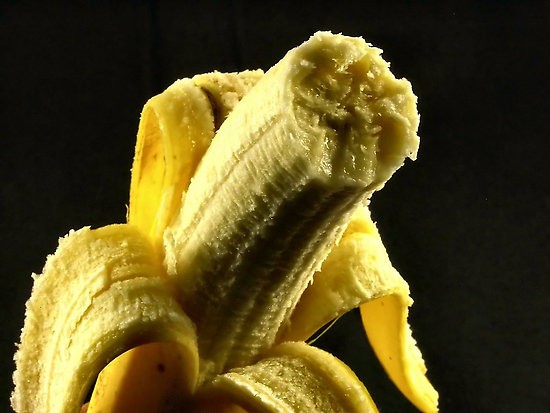More Posts

Could eating foods rich in potassium, such as bananas and potatoes, help lower the risk of stroke and an earlier death for older women? Possibly, suggest the findings from a new study. But the research is too preliminary to confirm that potassium alone — and not a better overall diet — actually plays a major role in helping women avoid strokes and live longer.
Importantly, consuming enough potassium-rich food is also important because this nutrient helps offset the hypertensive effects of sodium. Imbalance in your sodium-potassium ratio can not only lead to hypertension (high blood pressure) but may also contribute to a number of other diseases, including heart disease and stroke.
Potassium-Rich Diet Lowers Stroke Risk in Women
Stroke is the number one cause of long-term disability and the fourth leading cause of death in the US. The most common type of stroke is called “ischemic stroke,” which results from an obstruction in a blood vessel supplying blood to your brain. Once you suffer a stroke, the damage, should you survive it, can be absolutely devastating. Thankfully, up to 80 percent of strokes are preventable, and positive lifestyle factors can make a major difference. One factor is your diet, and a potassium-rich diet, in particular. New research found that women without hypertension who consumed the most potassium …
Other sources of potassium range from leafy greens and tomatoes to dairy foods and meat. For example,one cup of cooked spinach contains 840 mg of potassium, a medium baked potato provides 800 mg and a medium-size banana contains 450 mg of the mineral, according to the Academy of Nutrition and Dietetics. However, consuming too much potassium can be dangerous, particularly for older people and those with kidney disorders, according to the American Heart Association. Therefore, people who are thinking about increasing their potassium intake through supplements, rather than getting it in food, should consult their doctor to see how much of the mineral they should consume, Wassertheil-Smoller said.. Please Read this Article at Articles.Mercola.com





Leave a Reply